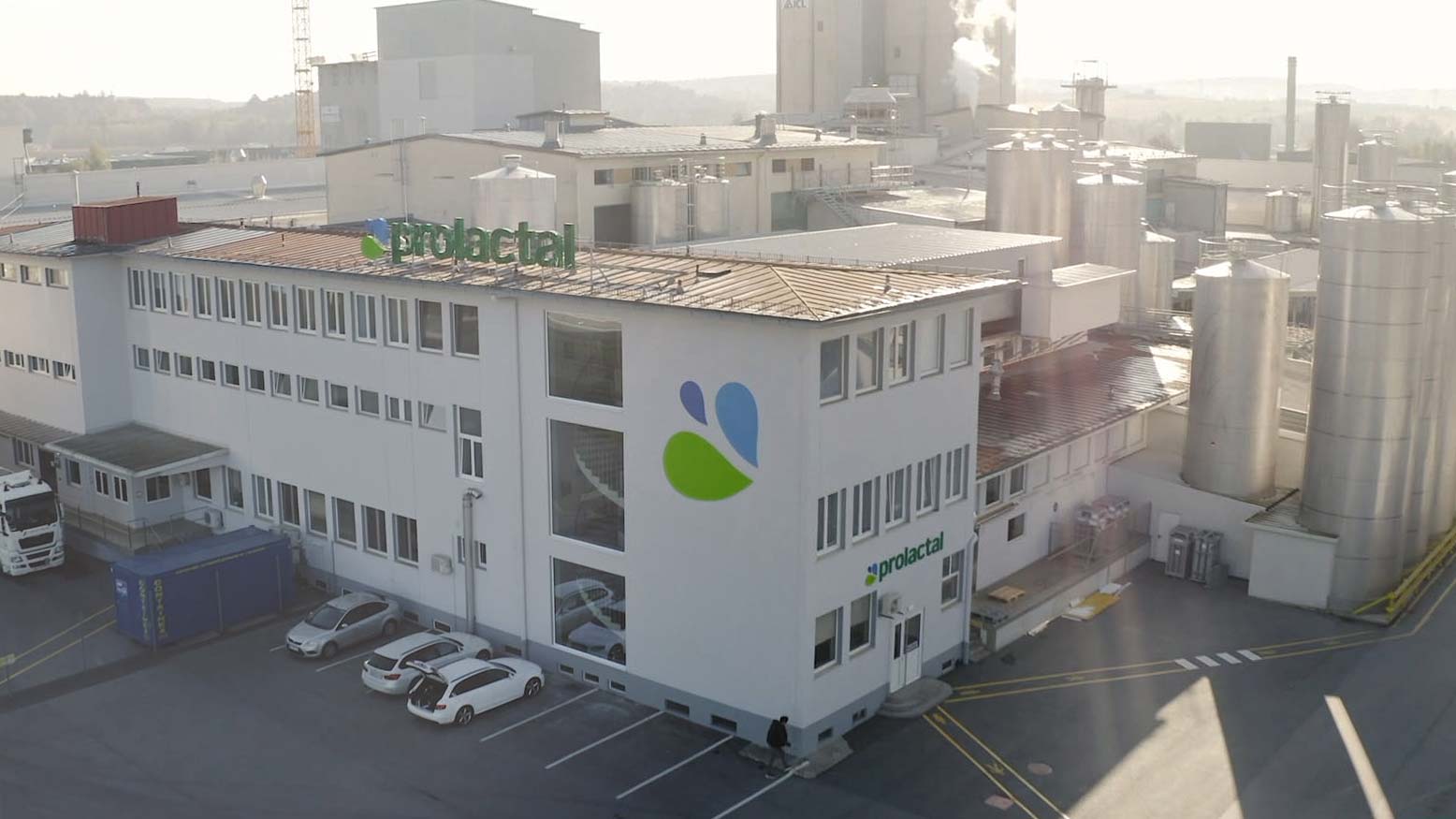Prolactal – one of the leading organic dairy ingredient manufacturers for infant formula – has initiated a project to reduce the greenhouse gas emissions of the organic milk derivatives it produces at its facility in Hartberg, Austria. Through this project, Prolactal is also helping to deliver an improved carbon footprint for infant formula offerings, such as NAN of Nestlé. For nearly two decades, Prolactal has been strategically focused on supplying organic dairy ingredients from its plant in Austria, which has been operating with renewable energy since 1984.
Driven by a desire to protect resources for future generations, in 2021 Prolactal decided to take additional steps to further reduce the overall footprint of organic products and began investigating interventions specifically designed for organic farming. By expanding its impact to the entire supply chain in which it operates, on the organic ingredients within the project’s scope an additional 20% reduction in greenhouse gas emissions is expected to be achieved by the end of 2025, compared to the base year of 2018.
Through life cycle assessment on representative farms, the carbon footprint of the milk was calculated to be around 1.4 kg CO2 equivalent/kg raw milk (GWP100) (ref: Raumberg-Gumpenstein). Approximately two-thirds of this footprint can be traced back to biogenic emissions, which occur on the farm level. The project aims to reduce emissions from both biogenic and fossil sources.
To complement the project team, Prolactal decided to strengthen their in-depth knowhow by onboarding two expert organizations:

- Raumberg-Gumpenstein, a scientific institution for Austrian Agriculture with vast experience and knowledge on sustainability.
- Bio Austria, an institution supporting Austrian organic farming.
- Niederoesterreichishe Molkerei (Nöm), an Austrian dairy company, has been brought on board to enhance communications with the farming community.
With these stakeholders in place, the project will run from mid-2021 to the end of 2025 and will include key milestones and reporting points.
During the first phase, the joint project team selected 14 pilot farms where the first interventions for greenhouse gas reductions will be implemented. The project will then expand to 65 Austrian organic dairy farms and provide annually about 9 million liters of high quality organic raw milk with a substantial lower carbon footprint.
“As Prolactal is already a leading provider of organic cow and goat milk derivatives for infant formula, working to reduce our greenhouse gas emissions over the total supply line was the next logical step,” said Nikolaas Vles, CEO of Prolactal. “Consumers are looking for more natural products and want to take personal responsibility for a sustainable and ecological environment. This project lets us together with our key customers, such as Nestlé, help make that goal possible.“
As the initial phase of the project ends, the team is on-track to achieve the targets set for 2025. Prolactal plans to extend the project after 2025 for another five years, aiming to achieve a further reduction in carbon footprint. Through this successful partnership, Prolactal is confident they will meet this ambitious target, which will further strengthen its position as a premier, sustainable, organic, dairy ingredients company.




